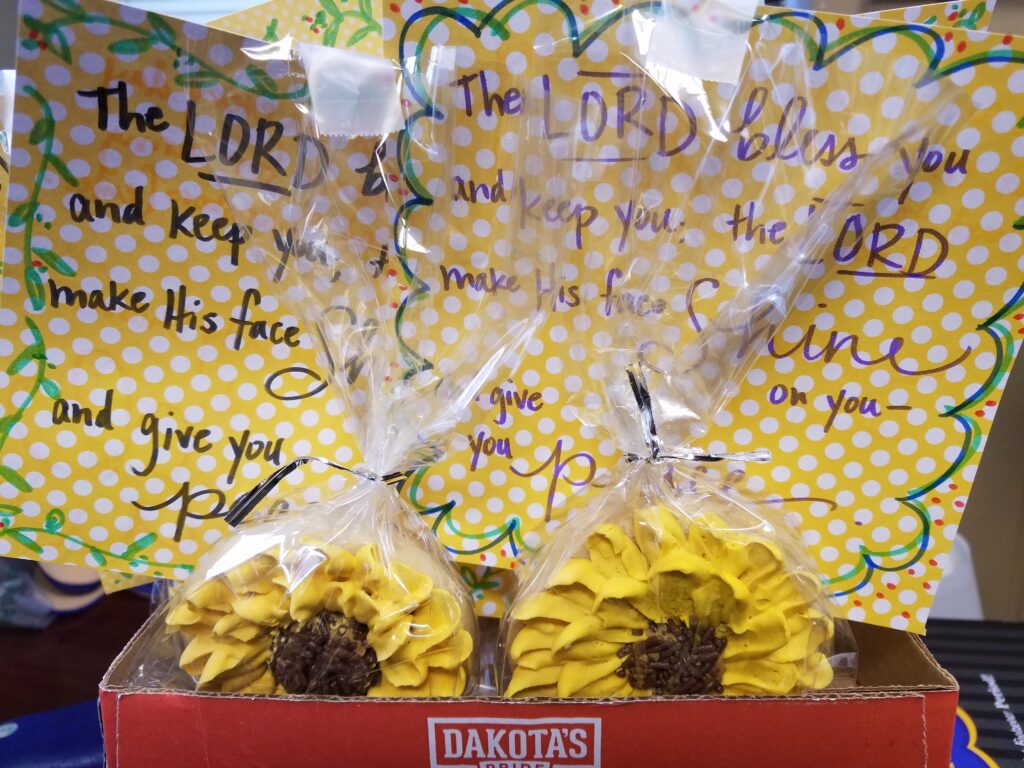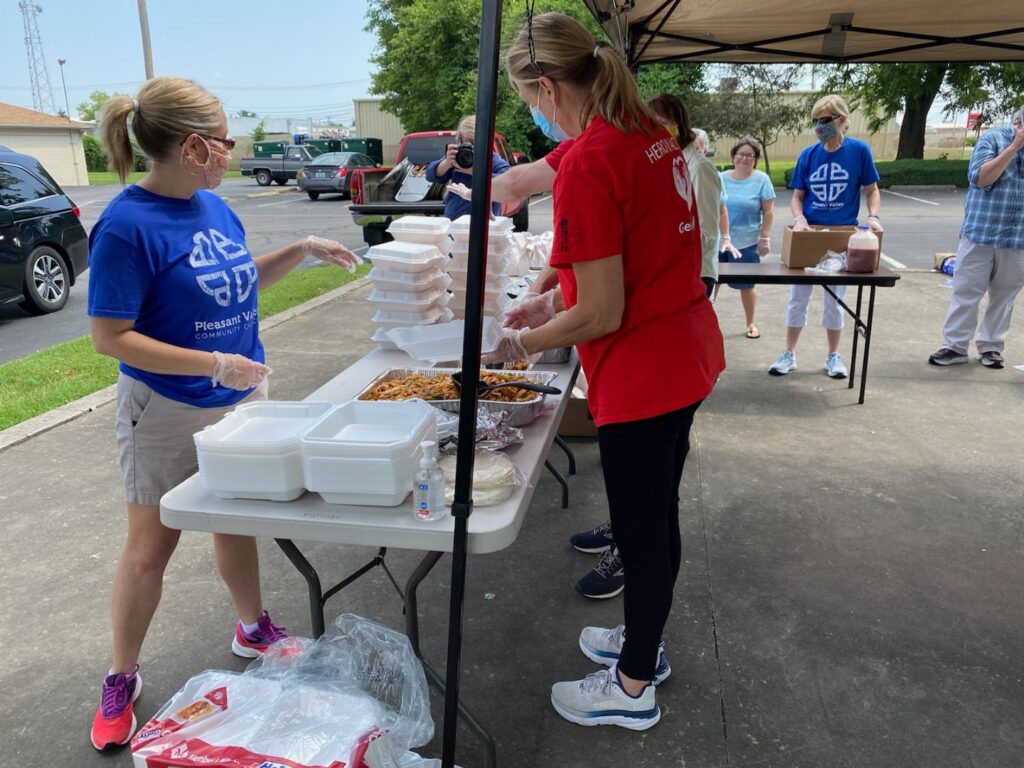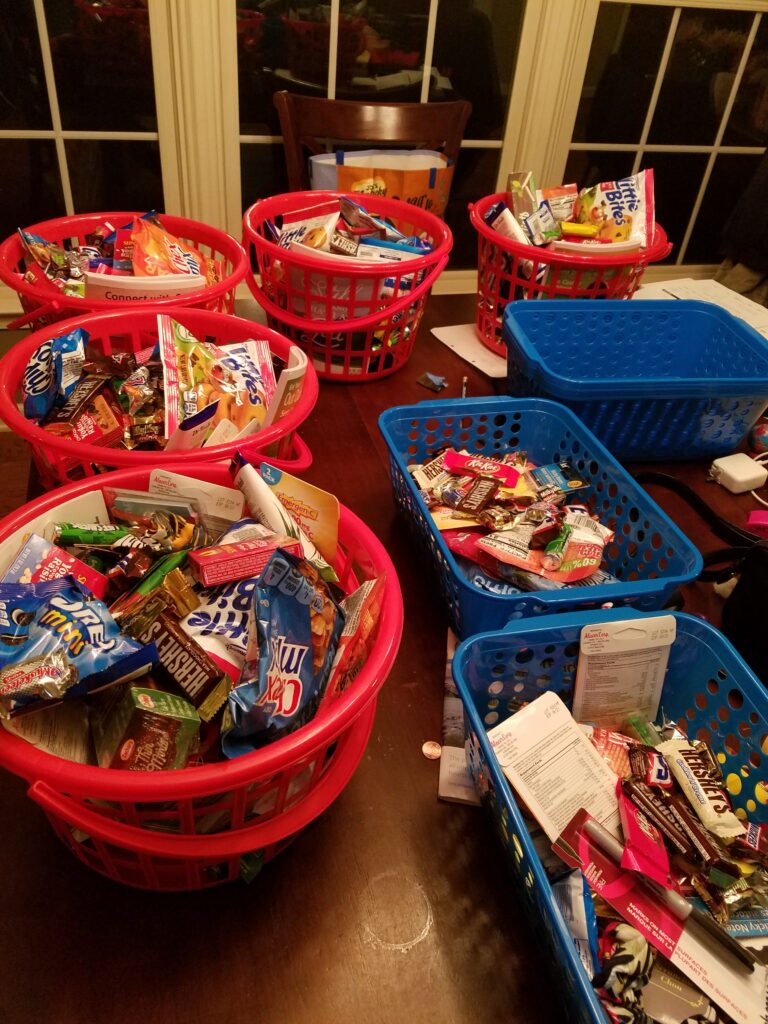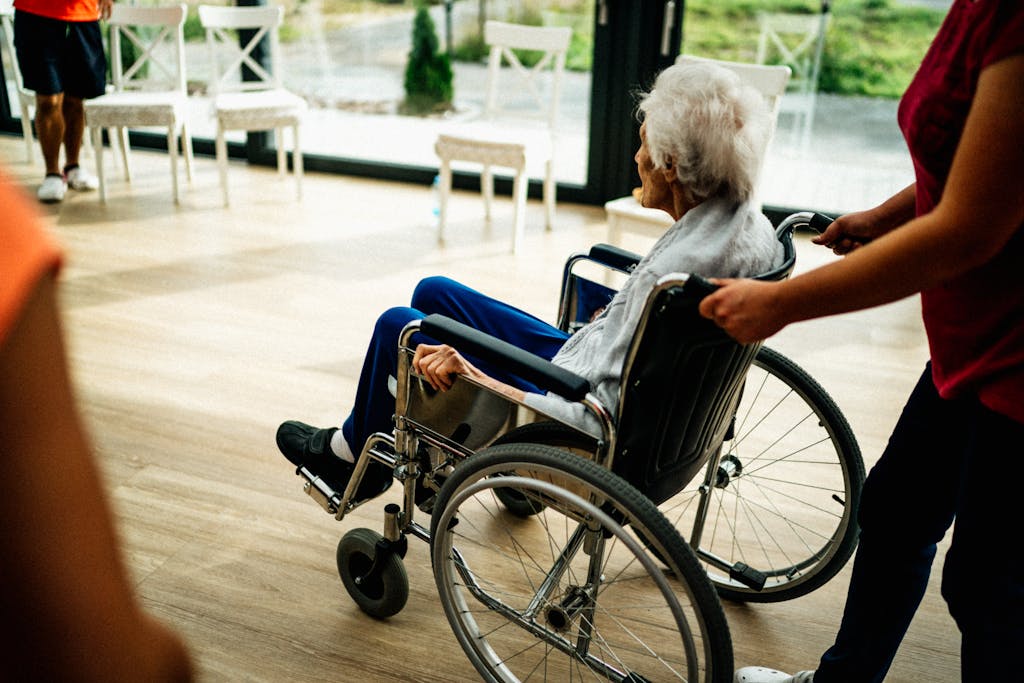
“Human beings have inherent, irreducible value, but when a throwaway culture finds them inconvenient it deems them ‘inefficient’ or ‘burdensome’ and they are ignored, rejected, or even disposed of.”
-Charles C. Camosy, from “Resisting Throwaway Culture; How a Consistent Life Ethic Can Unite a Fractured People

We Meet Physical Needs
Nearly two-thirds of American nursing home residents have their care paid for by Medicaid and, in exchange, all Social Security, pension and other income they would receive is instead rerouted to go toward their bill. The personal needs allowance is meant to pay for anything not provided by the home, from a phone to clothes and shoes to a birthday present for a grandchild. In Kentucky, that allowance is only $60 per month.
We Meet Relational Needs
Statistics show that 60% of nursing home residents never have a single visitor. In our experience, that number is much higher. Some residents have outlived all their family members. Some have family but they live far away. And for some, they’ve basically been abandoned.
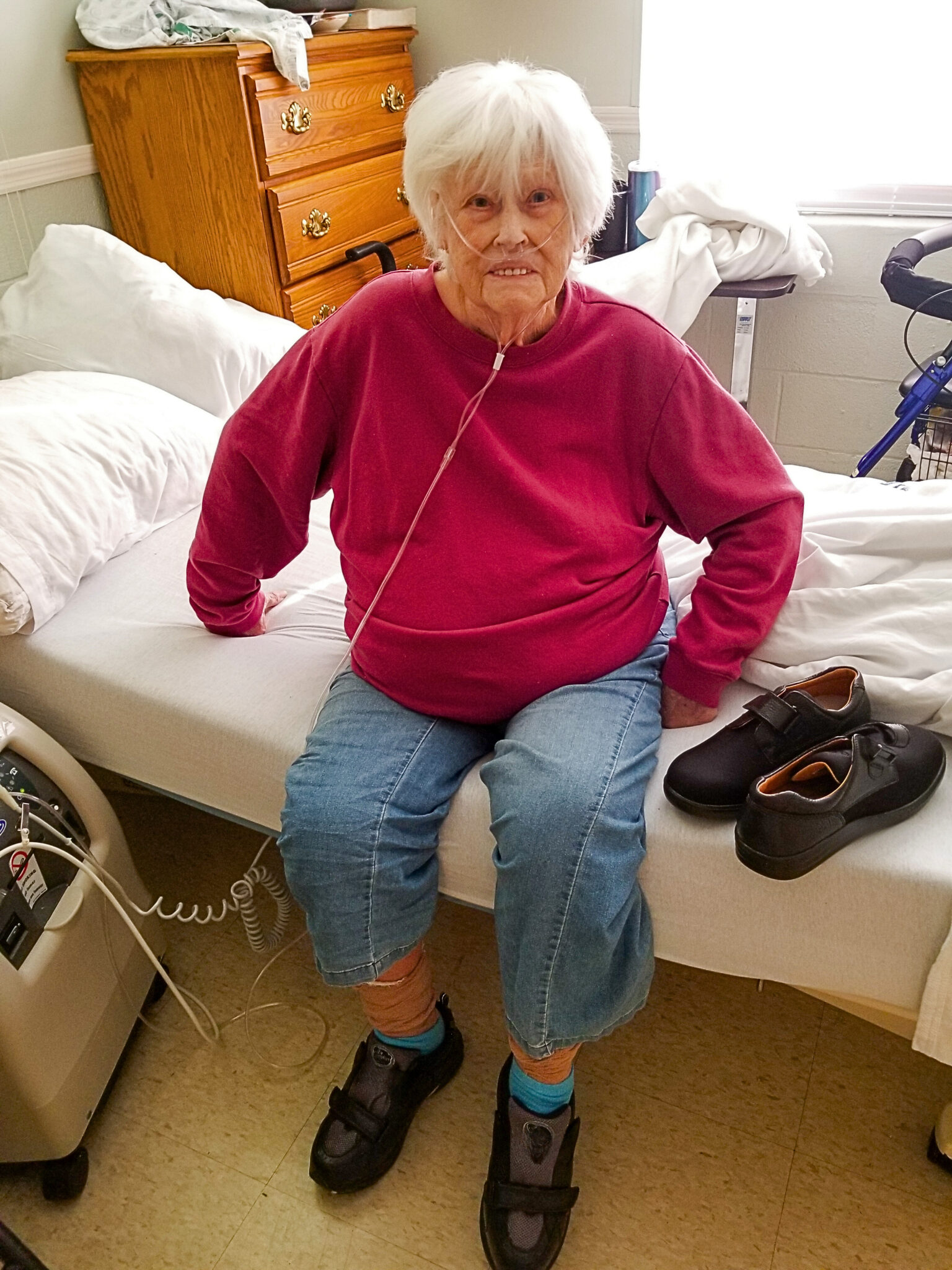
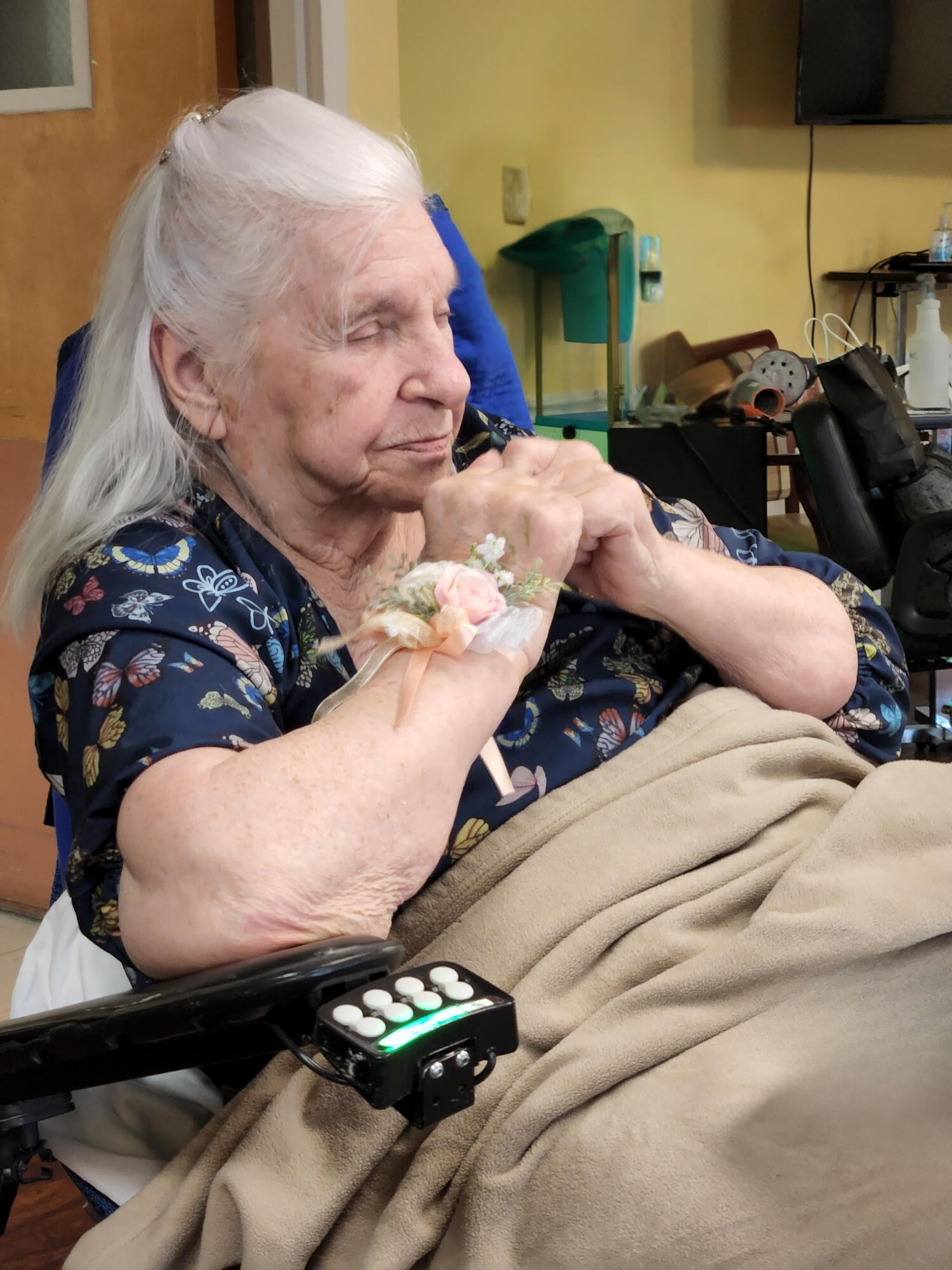
We Meet Spiritual Needs
Research shows that spirituality is essential to the older adult population and plays a positive role in maintaining health, recovering from or coping with illness, and increasing quality of life. (Data from FaithFirst CoroHealth.) Among elderly long-term care residents, only about half of respondents were satisfied with the spiritual care they received. In a recent study from 2020, residents, families, and physicians all highlighted a lack of spiritual support as a major barrier to optimal treatment in long term care facilities.
Don’t forget about the staff!
Those who work as caregivers and support staff in nursing homes have very difficult jobs. They are usually underpaid and very undervalued. Their work is not glamorous but it’s noble and important. We strive to help caregivers know they are appreciated and loved.

